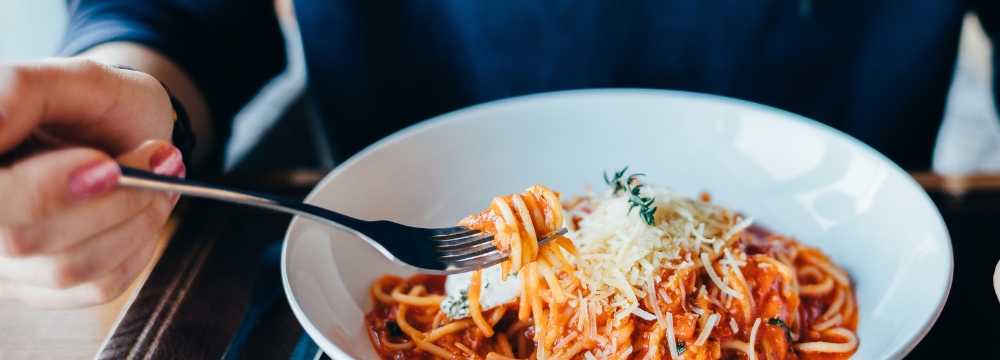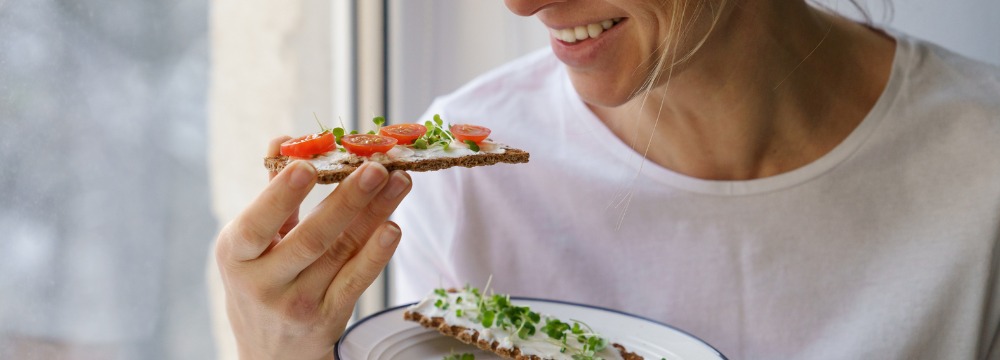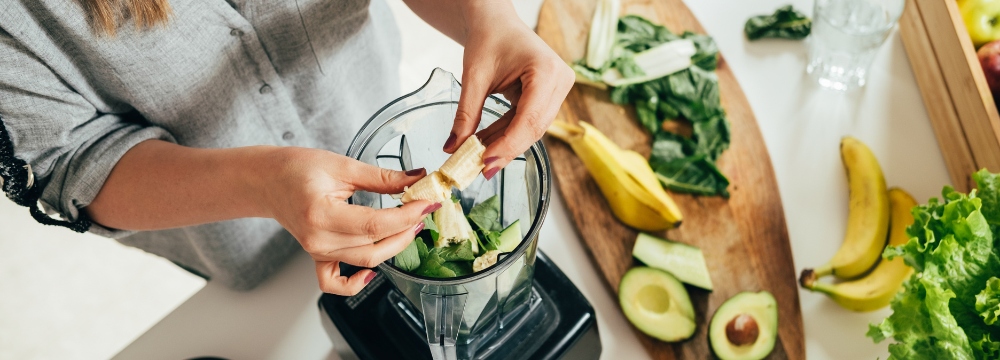After Bariatric Surgery
We know that food, particularly sugary foods, can be addictive. Some studies suggest that the addictive properties of sugar are as powerful, if not greater than some illicit drugs. It is, therefore, no wonder that it is so difficult to “just lose weight.” While many of us start a new diet with great enthusiasm and success, a few weeks or months later, this focus tends to fall by the wayside, and we eventually regain the weight, sometimes adding even more weight afterward. Of course, there are several reasons for this weight regain, not least of which are the stresses and anxieties in everyday life and a concept known as metabolic adaptation. Still, it would be fair to say that some patients suffering from obesity are also addicted to food.
Addiction Is a Lifelong Disease
Bariatric surgery offers patients an excellent assistive mechanism to counter this addiction. The restriction of food created by a smaller stomach in all bariatric procedures reduces the likelihood of overeating. The malabsorptive portion of the procedure, think gastric bypass and duodenal switch, prevents calories from being absorbed through the small intestine. Procedures, like the gastric sleeve, also provide a hormonal component of appetite suppression resulting from the removal of the fundus of the stomach (the primary production center of the hunger hormone known as ghrelin).
But there is one component that no surgery can correct: the psychological aspect of addiction to food. This is, in part, why we stress that weight loss surgery is not the easy way out. If it were, anyone could overcome their addiction to food and move on with little to no effort. But this is decidedly not the case.
What Is Addiction Substitution?
Addition substitution is a concept that some patients must be on the lookout for after their surgery. When we are removed from a substance we “abuse,” which may be sugar or food in general, a void is left behind. For those who are not prone to addiction or do not have an addiction to food or sugar, this is typically filled with the enjoyment of the new lifestyle, the excitement of losing weight and feeling better. However, these wins aren’t enough for some; they need to fill that void with other addictions or addictive behaviors. For some, this may manifest physically, where they over-exercise or undereat. For others, the minimized food intake may push them toward drinking more or even taking illicit drugs. And therein lies the concern.
If Addiction Substitution Exists, Why Aren’t More Bariatric Patients Addicts?
Studies have shown that the bariatric community does not suffer from addiction any more than the general population. However, this does not mean that addiction substitution cannot happen. Whether that patient was obese or normal weight, they would have these addictive tendencies. As such, we wouldn’t expect addiction resultant from bariatric surgery. Rather, bariatric surgery may have simply redirected that addiction to a different substance or activity.
What to Do?
First, you will speak to a psychologist as part of your preoperative workup. This is a great time to discuss any addictive tendencies you may have and develop a plan to mitigate them. You may wish to continue your visits after surgery as well. Professional therapy can help you maximize your weight loss while also keeping any potential addiction at bay.
Speak to your surgeon and support team about your cravings before and after surgery. Your support team, including your bariatric surgeon, is there for both the good and the bad, and you shouldn’t be ashamed to talk about your challenges openly. Doing so gives you additional sets of eyes to help you through potentially dark moments if you start to relapse. Knowing this tendency may also help them identify a problem early and work with you on a plan you’ve already discussed and agreed upon.
Lastly, give yourself a break. You’ve taken a great first step in changing your life by having bariatric surgery, and any significant change in your life comes with ups and downs. Don’t think everything in your mind and body is cured just because you had bariatric surgery. It takes time to undo what has developed over the years, decades, or even your entire life. So, give yourself the leeway to make mistakes and get back on your feet. As it relates to addiction, addiction substitution must be caught early. Be sure to fully utilize the support team you’ve developed, be honest, and not be ashamed of your feelings. You are human, after all, and you’re not experiencing anything that someone, somewhere in your position, hasn’t experienced before.
Of course, your medical team is always there for you if you need them. We encourage you to journal your cravings throughout the postoperative process and discuss them during your follow-up appointments. This can give some context as to what’s going on in your life so your surgeon and support staff can help in any way possible.










